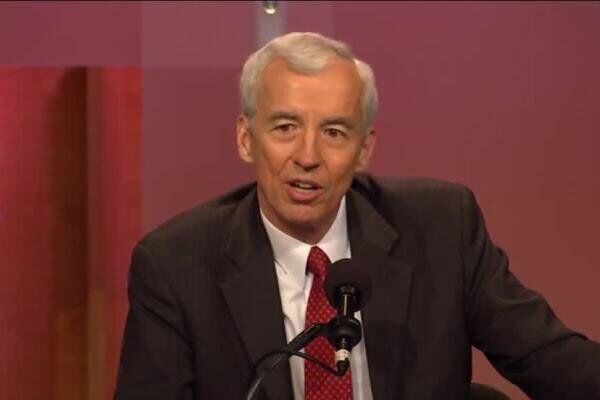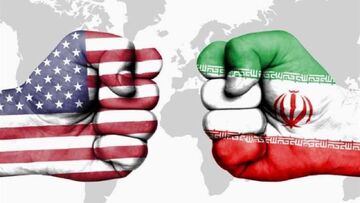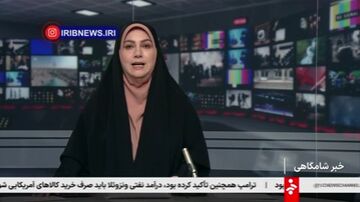TEHRAN (Bazaar) – Professor Paul Pillar, who was CIA intelligence analyst for 28 years, says Oman has excellent credentials as a mediator on matters involving Iran and the United States, and any reported movement involving Oman-aided negotiations should be viewed positively.
“It is highly likely that the nuclear issue was indeed one of the principal topics discussed, a proposal for some kind of less-for-less interim nuclear agreement,” Pillar told Bazaar News Agency.
Following is the full text of the interview:
Q: Following the Sultan of Oman's visit to Iran, Tehran announced that one of the topics discussed was the nuclear issue. The state newspaper of Oman (Oman Daily) has also evaluated the negotiations in this field positively. What is your assessment of this issue?
A: Oman has excellent credentials as a mediator on matters involving Iran and the United States, and any reported movement involving Oman-aided negotiations should be viewed positively. It is highly likely that the nuclear issue was indeed one of the principal topics discussed.
Q: Before the Sultan of Oman's visit to Iran, Iran's Foreign Minister Hossein Amir-Abdollahian visited Oman and spoke about receiving new ideas about nuclear issue. Later, the media revealed that ‘Brett McGurk’, White House Coordinator for the Middle East and North Africa, made a secret trip to Oman (about two weeks before Amir-Abdollahian’s trip to Oman). Do you think that the idea received by Iran's foreign minister is the same plan for the temporary agreement that the United States has proposed?
A: Most likely the idea involved is a proposal for some kind of less-for-less interim nuclear agreement. There are signs in Washington that the Biden administration is showing a bit more interest in this than they were a few weeks ago, and this is probably what the McGurk trip was mainly about.
Q: If we assume that the plan received by Amir-Abdollahian is the American interim agreement plan, will this plan be an intermediate step to revive the JCPOA? If so, when do you think the JCPOA will be revived? After the US presidential election?
A: There is no longer much talk in Washington about "reviving" the JCPOA itself. If there were to be an agreement reached on some kind of less-for-less interim arrangement, then the idea would be that something more comprehensive could follow, but that something would not likely be the JCPOA itself but rather a newly negotiated agreement. Observers in Washington place much emphasis on how time is already bumping up against some of the sunset clause dates in the JCPOA. If an interim agreement is secured, then the U.S. administration would almost certainly not expect to reach a follow-on agreement, or even to negotiate seriously about one, until after the US presidential election in November 2024.
Q: In a positive report, the International Atomic Energy Agency announced the resolution of 2 safeguard disputes with Iran. These two issues are: the issue of 84% enrichment and the discovery of enriched uranium in Marivan. The case of the first case has been closed by the IAEA and the second case is being verified. In your opinion, what effect will this positive report have on the JCPOA revival process?
A: Any resolution of outstanding issues with the IAEA cannot hurt, and can only help, the chances for negotiations to limit the Iranian nuclear program, whether this involves the JCPOA or some replacement agreement. I am still trying to find, however, a report or explanation of exactly how the issue of 84% enrichment supposedly was resolved.
Q: Expressing dissatisfaction with the agreement between Iran and the IAEA, Israel has accused this organization of neglecting these two issues. What is your assessment of Israel's position? If an agreement is reached, what action might Israel take? Can it disrupt an agreement that is supported by the United States?
A: Israel's objective is to keep Iran portrayed as a threat and an outlaw state. Israel will always try to find something wrong in any positive agreement that the IAEA or anyone else reaches with Iran. Israel has already demonstrated its ability and willingness to conduct sabotage against Iran, and its goal of undermining any agreement with Iran would give it additional incentive to do so. The fact that an agreement was supported by the United States would not stop Israel from such actions. Israel has repeatedly flouted U.S. wishes on many topics.















نظر شما